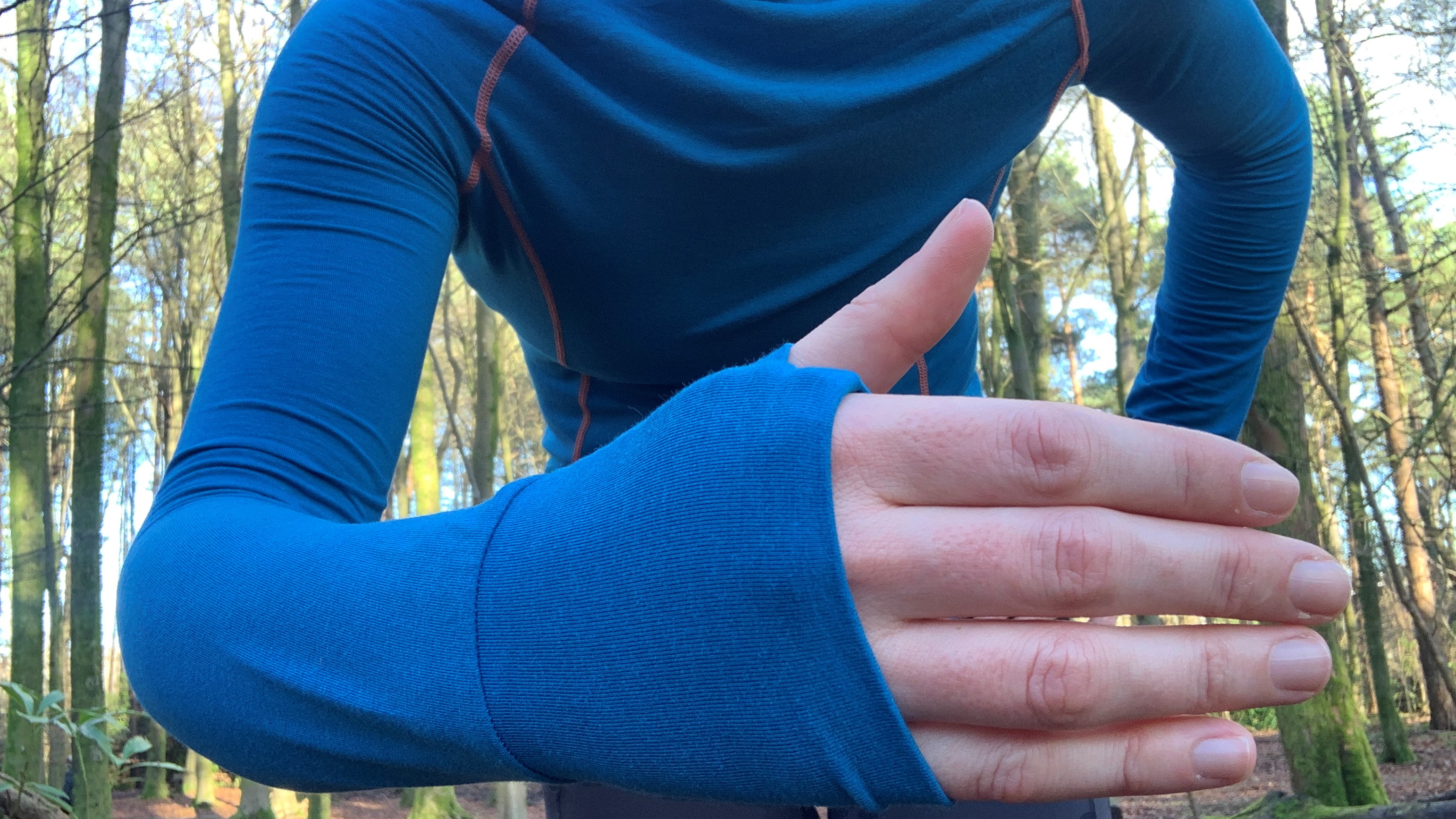
Base layers, running tops, fleece jackets, running jackets – they almost all have one thing in common these days, and that’s the presence of thumb holes. You know, those odd holes that suddenly appeared in the cuff of every sleeve in outdoor garments a few years ago. But what are thumb holes for, and do they really add any value to that athletic top you’ve been eyeing up?
I first started noticing the ubiquity of thumb holes around 2010 in long sleeved tops for running and hiking made by a certain alliterative yoga brand. Then they began appearing in base layers that I favored for hiking up in the Rocky Mountains. Before I knew it, thumb holes had started to even become commonplace in outer layers like my favorite down running jacket. I’ll be honest, when they first appeared in outdoor apparel, I thought they looked weird and a bit ugly. Why would I pay to have a hole pre-cut into my sleeves? And is it just a gimmick to make a regular base layer look high performing?
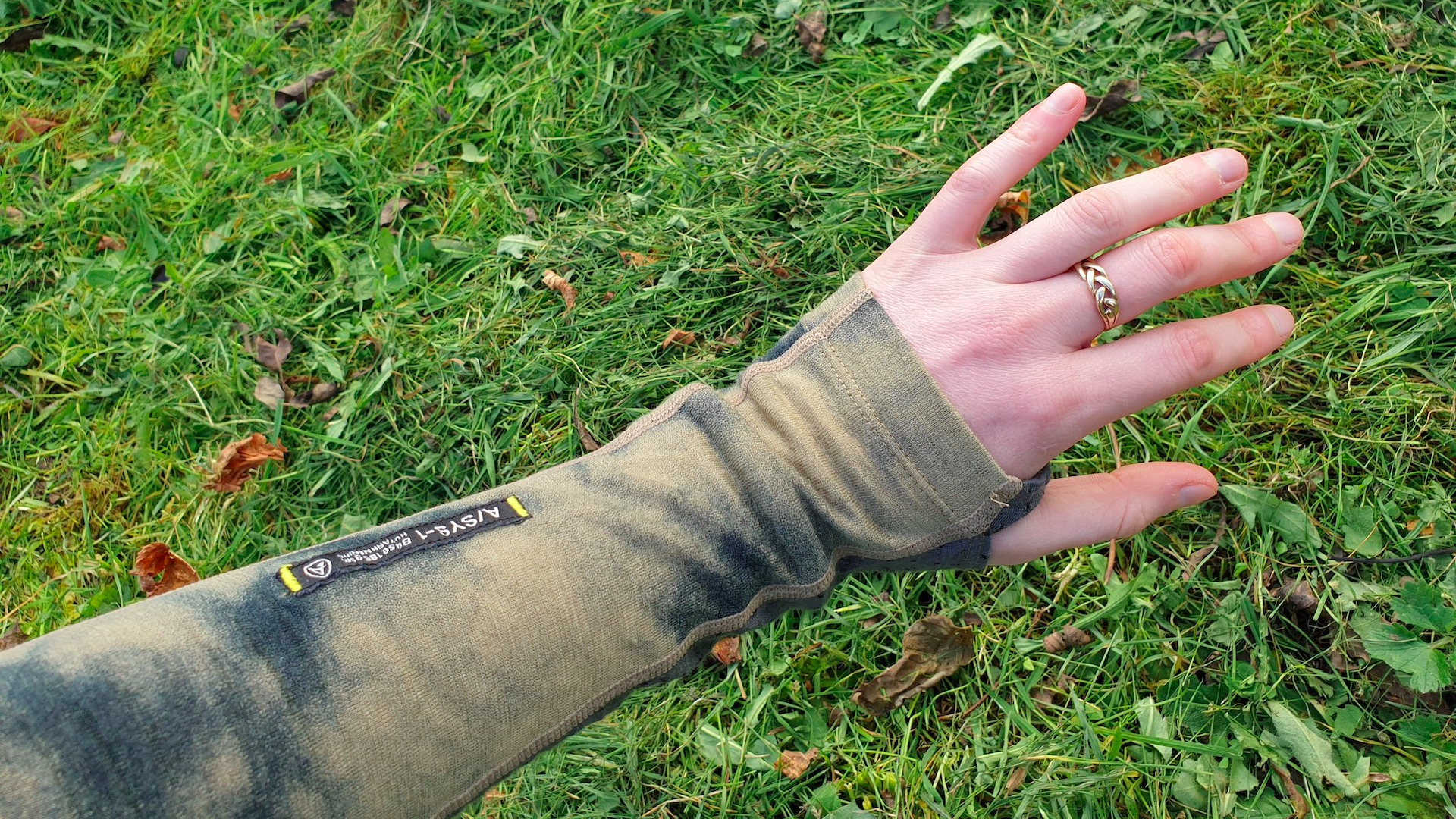
Nike’s president of distribution and merchandising actually admitted in an interview with Business Insider that the company's designers incorporate thumb holes because they know their customers perceive gear with them as worth more money, so Nike can charge more. However, while I still think thumb holes look weird and ugly, but now that I’ve had over a decade to adapt to their presence, I must admit that I use them a lot and can find a few persuasive benefits to them.
1. Warmth
In order for thumb holes to function, the sleeves of your outdoor gear need to be a bit longer than sleeves of the 1990s. This combined with the thumb hole means you can enjoy a little extra warmth on cool days that aren’t cold enough to merit gloves when you’re moving fast.
When I use the thumb loops in my BAM Bamboo base layer on a cool trail run, it prevents my hands and wrists from feeling the chill without having to layer up with running gloves. On cold bike rides, a base layer with thumb holes blocks out that gale blowing up my wrists and provides a fraction of extra padding for the heels of my hands. And for skiing, I’ve grown to love thumb loops on mid layers like my Helly Hansen Varde 2.0 fleece, which mean I can completely block out a frigid wind (and any snow if I take a tumble) in what would usually be an annoying gap between my ski jacket and my ski gloves.
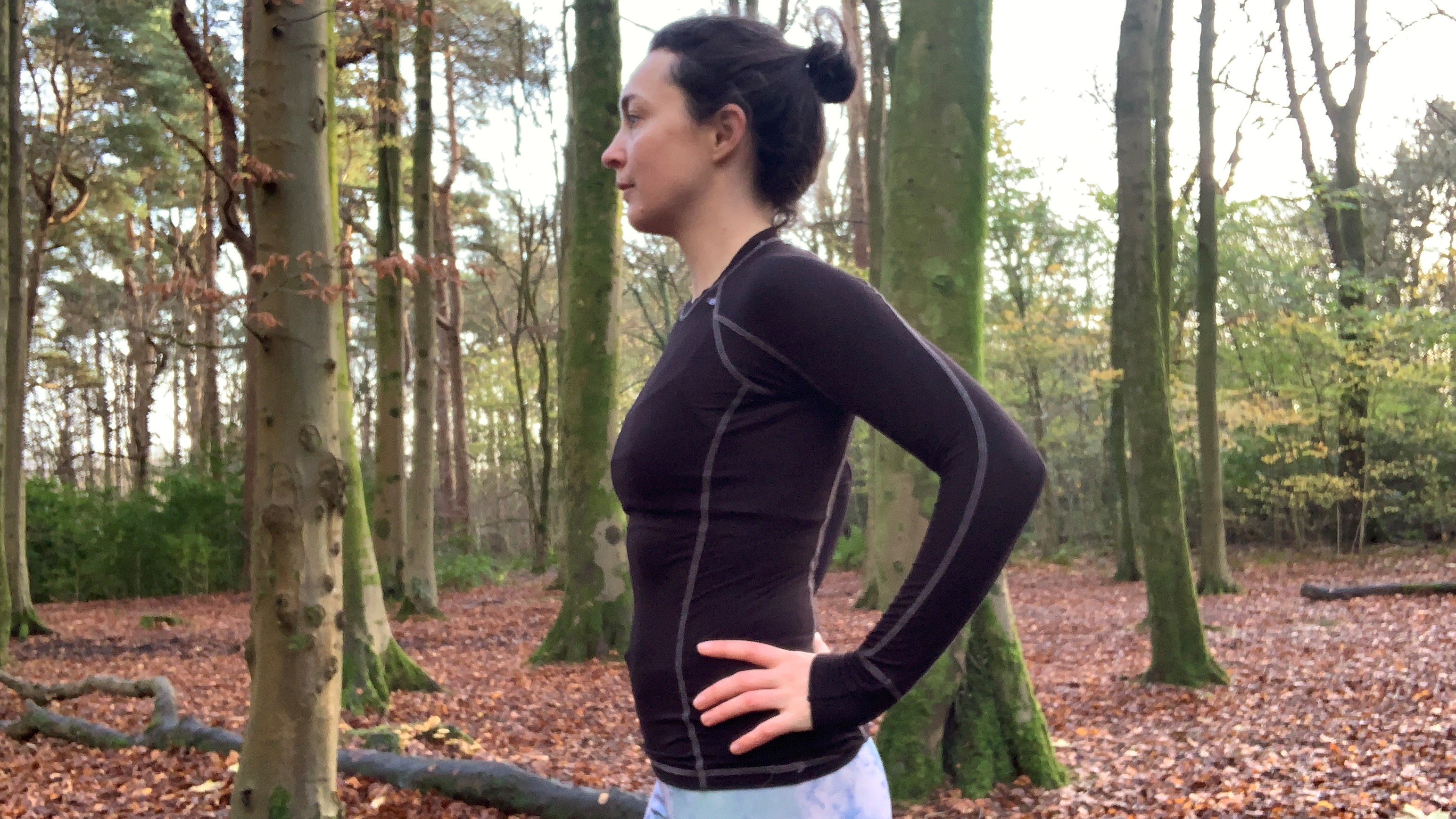
2. Keeping cool
I know, I just said that thumb loops help you exclude annoying wrists drafts, but hear me out. When it’s cool enough to warrant hand protection for the first mile of a run, but I know I’m going to feel warm after a couple of miles, I can just lose the thumb loops without breaking stride, rather than stopping to pack my running gloves away. Same goes for hiking in changeable conditions – no constantly pulling off the trail to pack my hiking gloves back in my backpack.
3. Ease in layering
We’ve talked a lot about the importance of wearing hiking layers when you’re sweating hard in cool weather especially, but what no one mentions is how annoying it can be to layer a hardshell over a fleece over a base layer and you can spend a lot of time trying to get your three layers of sleeves just right. With thumb holes, it’s much easier to slide your arm into the next layer and avoid bunching up on the inside.
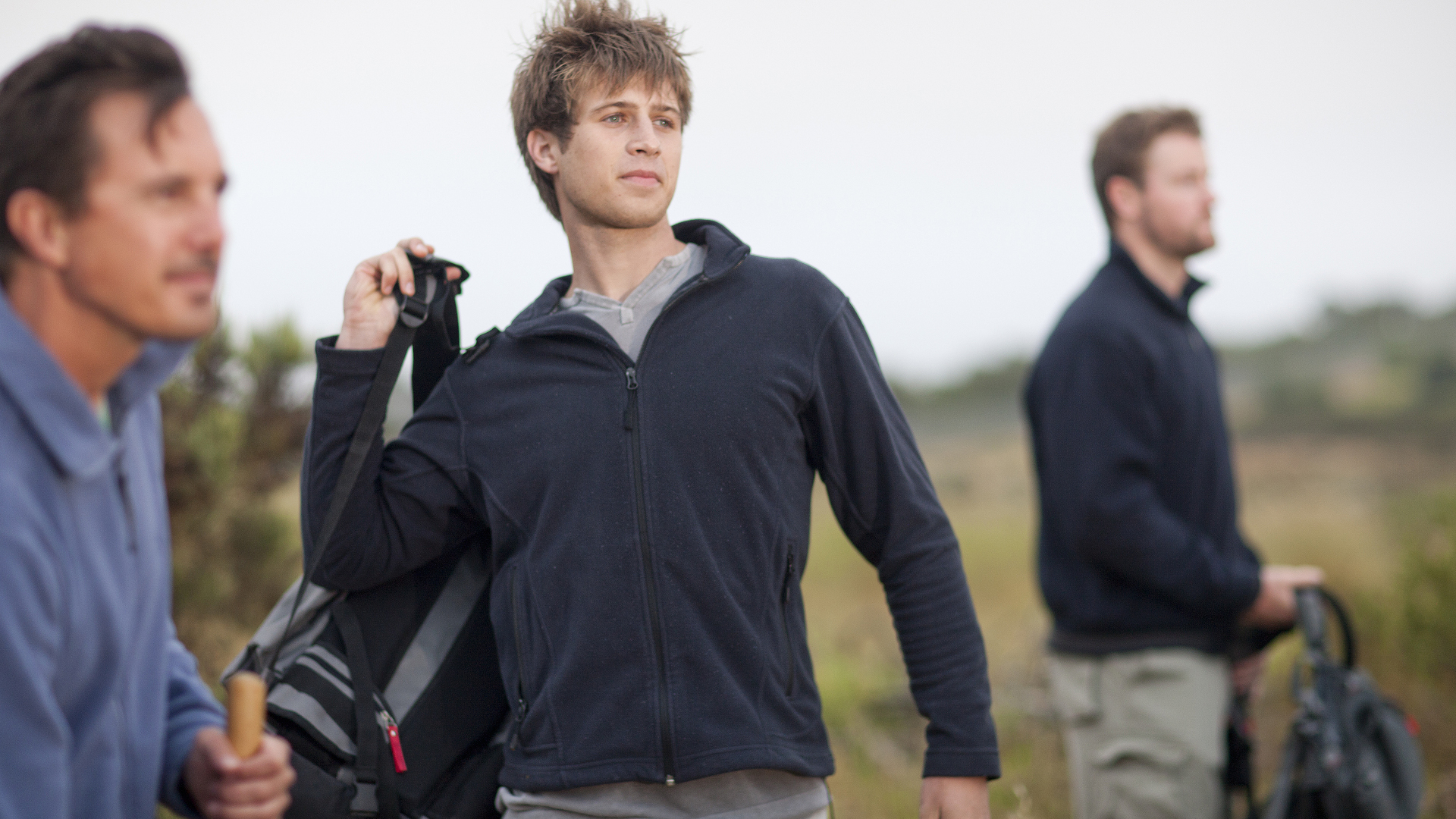
4. Hand protection for scrambling
If, like me, you do a bit of technical hiking using your hands as well as your feet, you probably want some protection against scrambling on abrasive rock surfaces, but may be concerned about your finger dexterity and sensitivity getting lost inside a glove. Using thumb holes on your base layer or fleece can provide a little protection for your palms but keep your fingers nimble on those tricky moves.
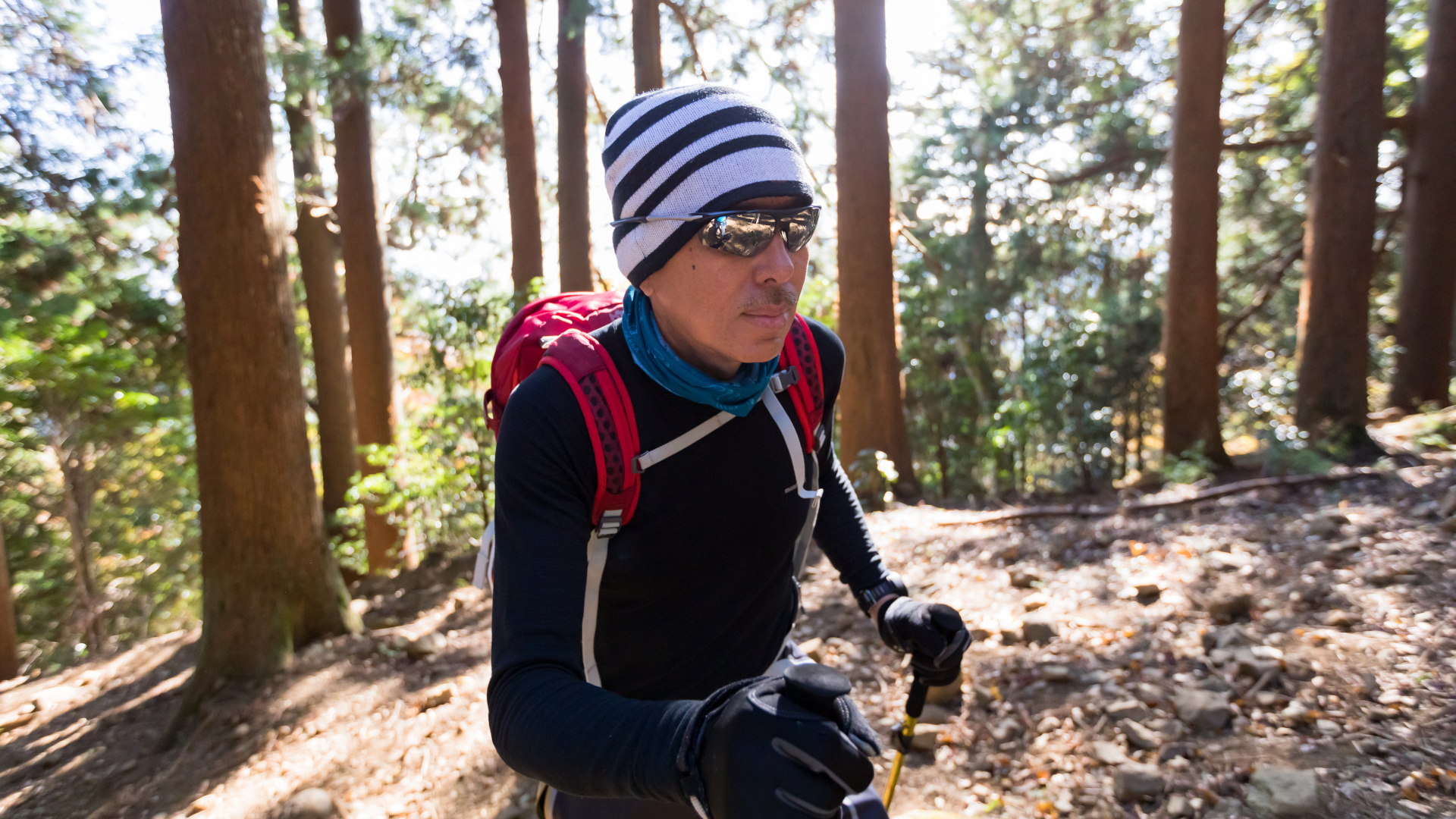
5. Sun protection
Finally, using thumb holes can protect areas of skin that see a lot of sun otherwise. We often forget to apply sunscreen to our hands and find it wears off faster than other areas so while it won't provide total protection, it may offer a useful shield.
Do you need thumb holes in your outdoor gear?
Not really. I know I’ve mentioned a few good benefits of thumb holes in your outdoor gear, but let’s be honest, we all fared perfectly well without them before. You can always keep your hands warm on a run or a hike with gloves, and though I’ve heard runners say they like thumb holes because it stops their sleeves from riding up, I can’t personally say that’s ever a problem I’ve encountered. Maybe I don’t run swiftly enough?
Regardless, a counter argument here is that because the sleeves are longer, if you’re not using the thumb holes you might end up with extra fabric bunched around your wrists that you have to fit under gloves and jackets, or figure out how to wear with your GPS watch, and that in turn could be a reason to avoid them. You’ve also got a hole in a sleeve that lets in a draft if you’re not using it, and if the design isn’t quite right for your dimensions, you might prefer not to.
They really do make layering easier, but you can always resort to what you did as a child when you had to get your winter coat on over your school uniform and just hold onto your base layer sleeves with your hands as you pull your fleece on. All of that said, if you’re looking to refresh your winter sports wardrobe, I do highly recommend a base layer with thumbs like the Artilect W-Flatiron 185 Crew Td Tie Dye to protect your wrists from an Arctic chill.







